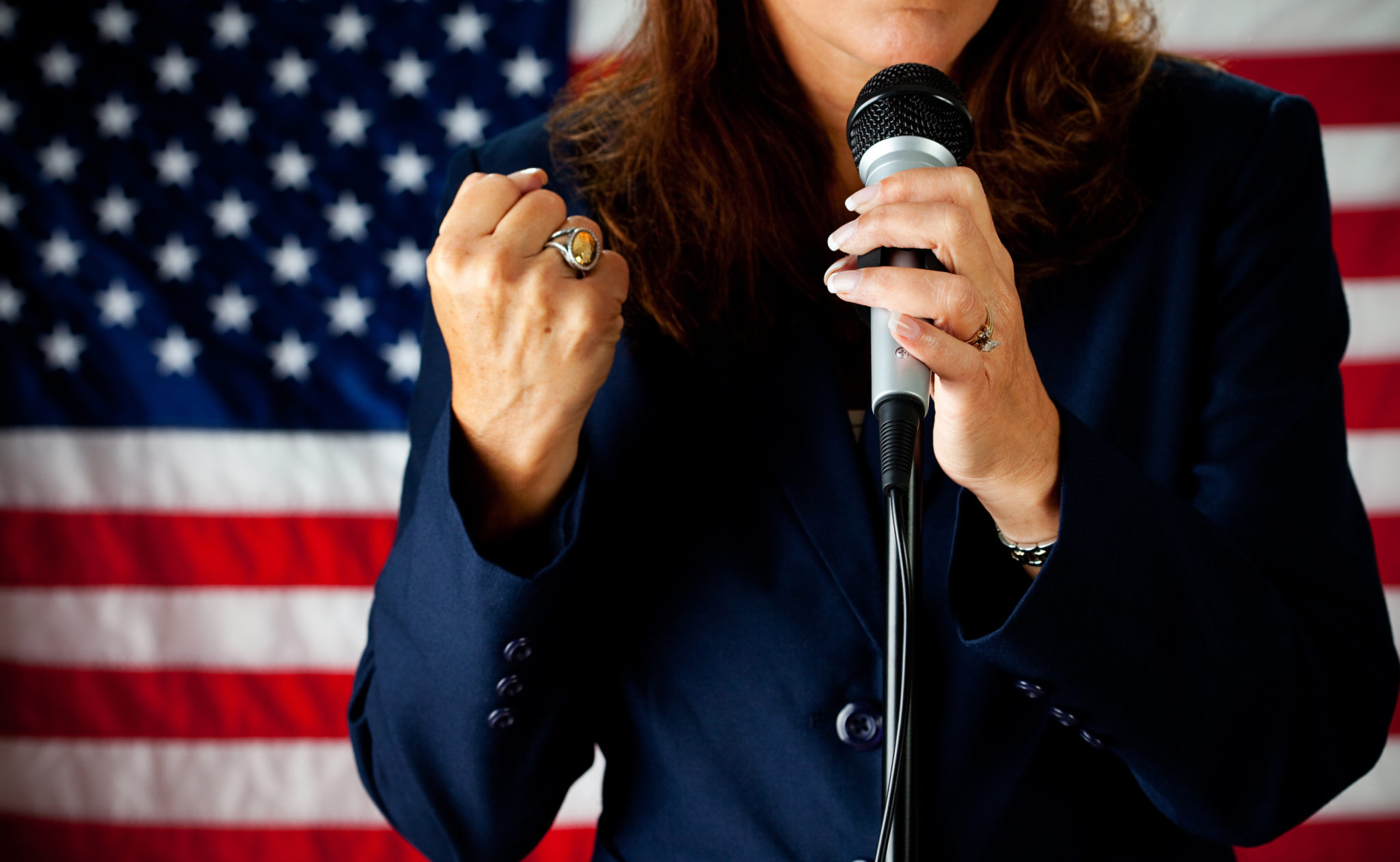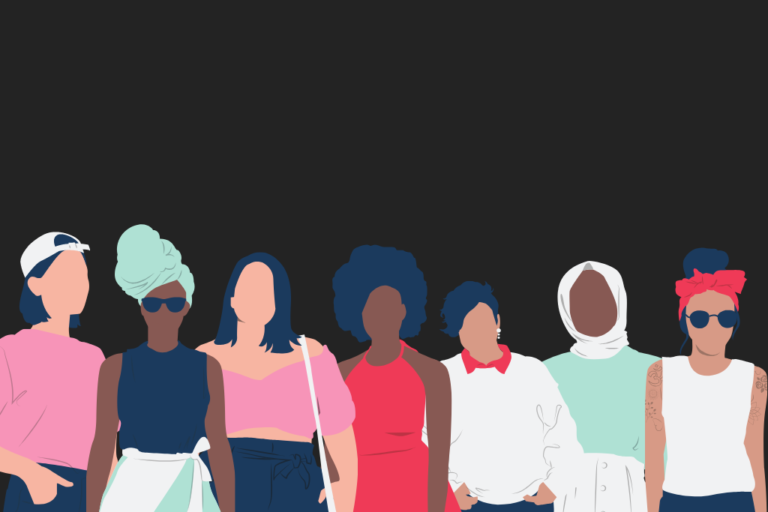Last Thursday, Representative Alexandria Ocasio-Cortez spoke from the House floor about an encounter with Representative…
Women have already broken barriers in politics this year. What’s next in November?

The nomination of Kamala Harris as the Democratic Vice-Presidential candidate isn’t the only historic event for women in politics in 2020. From the volume of women running for the U.S. House of Representatives, to the potential trailblazing elections of a number of women across the country, here are the 2020 election trends we’re watching in the lead-up to November.
Edging closer to gender parity in Congress
A record-setting 476 women filed to run for the U.S. House in 2018. In 2020, an even higher number was set, with 583 women filing to run, according to the Center for American Women and Politics. Democratic women matched 2018’s record with 356 women running, but Republican women made a significant jump and drove 2020’s record-breaking, with 227 women filing to run for Congress. This roughly doubled the previous record of 113 Republican women, set in 2010, hoping to join the House.
With the primaries settled for those 583 women, we know that 301 will be on ballots in November. We’re watching closely to see if the number of victors will top 2018’s record of 102 Congresswomen elected to serve.
Record-breaking numbers of women of color on November ballots
At least 267 women of color filed to be major-party candidates for Congress this year. Post-primary, at least 115 of those women are now nominees for the House—setting a new record by topping 2018’s 80.
As we’ve previously noted, a higher number of Black women specifically are running for Congress in 2020 than ever before; at least 61 Black women (48 Democrats and 13 Republicans) will be major-party nominees for the House in November. This is up from the 41 Black women candidates in 2018, and the previous record—set in 2012—of 48. Latina women and Native American women are setting records for House nominations in 2020 as well, with 32 and 6 nominees respectively.
Trailblazing candidates to watch
Kamala Harris is the first woman of color ever, and only the third woman in history (following Geraldine Ferraro and Sarah Palin) on a major party Presidential ticket. In addition to Harris, here are some of the other candidates we’re watching to break through barriers in November:
- Democrat Joyce Elliot would be the first Black Congresswoman from Arkansas if she wins her House race.
- Sarah McBride, a Democrat, is running for state Senate in Delaware. If she wins, McBride will be our country’s first publicly-identifying transgender state Senator, and the highest-ranking transgender official. (McBride also made history as the first transgender person to speak at a major party convention when she addressed the Democratic National Committee in 2016.)
- In Texas, Candace Valenzuela (a Democrat) would be the first Afro-Latina in Congress if she wins her House race.
- Democratic candidate Barbara Bollier would be the first woman physician elected to the Senate if she wins her race in Kansas.
- In Pennsylvania, Kathy Barnette is the first Black Republican woman to be nominated in her House district, and she will take that trailblazing to Congress if elected.
- Melissa Watson, a Democrat, would be the first Black woman to represent South Carolina in Congress if she wins in November.
- Marilyn Strickland would be the first Black woman in Congress from Washington state. And, the Democrat Strickland would be the first Korean-American woman elected to Congress.
- Democrat Cori Bush could be the first Black woman to serve in Congress from Missouri. Bush’s primary victory made news in August in part because of her past experience protesting police brutality.
While all eyes are on the presidential ticket as we head toward November, women have the potential to make history at all levels—we’ll be watching for results up and down the ballot.






